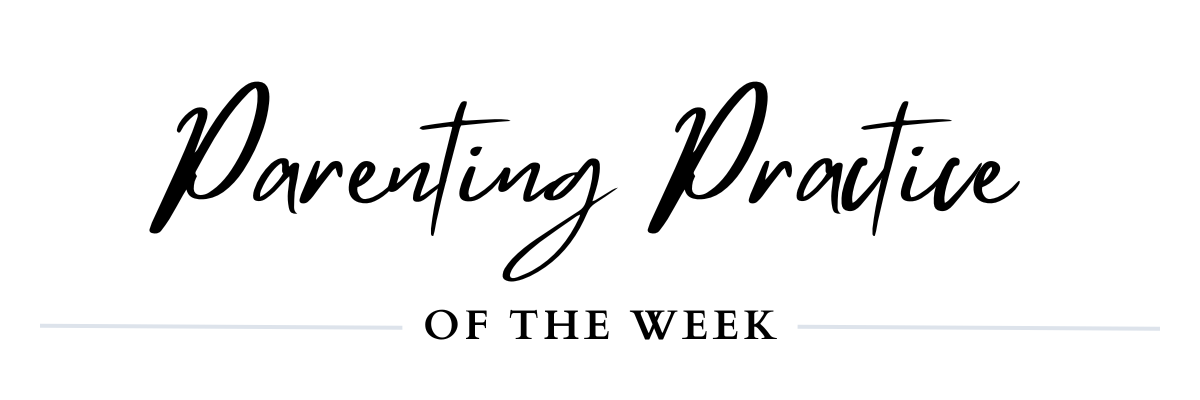Supporting Your Children’s Feelings Without Fixing Them

My daughter (a senior in high school) has been going through it. She’s mostly escaped the friend-drama that is so pervasive. But in the homestretch of high school, she’s feeling ostracized and alone.
“All of these year-end activities… Prom… Celebration Graduation… Senior Sunrise… who am I going to go with? Do I just stay home?!?”
I feel her pain. Deeply. But I’ve learned to trust it. To believe strongly in her ability to navigate through and learn what must be learned.
In other words… to listen more and talk less.
It can be hard for us parents to see our children feeling strong emotions. We see them crying, and we want them to feel better. We see them angry, and we want them to feel relief. We want our kids to be happy and to experience joy any moment that they can.
And yet, feeling emotions is part of our human nature. Feelings are uncomfortable AND helpful. Each feeling comes with a message for us - something for us to have a conversation about, to hold a new boundary for, to feel grief and release from, and to learn more about ourselves and our needs. Feelings help us to change and grow.
When we understand the importance of feelings, we can welcome them with our kids. We don’t have to feel unsafe when our kids are experiencing sadness, fear, or anger.
We can better hold our kids in their process of learning and growing. Our ability to hold them in their feelings is dependent on how safe we feel internally when feelings arise.
We can cultivate this sense of safety through practice and intentionality.

Anchor into Safety
We like to practice cultivating safety “off the mat,” meaning outside of challenging moments. There are many ways to practice accessing safety in our bodies. Some ideas you can try are:
- breathing with intentionality and mindfulness
- drinking an ice-cold glass of water
- listening to music
- dancing or yoga or moving your body
- drawing or coloring
- looking at a glimmer (something or someplace that makes you feel happy and calm)
Try one of these to practice some night before bed. See which one works best for you to feel calm and present. Notice any signs of safety in your body.
- Are your shoulders relaxed?
- Are your breaths long and relieving?
- How does safety feel for you?
The deeper you can reflect on your feelings of safety, the more you are building neurons to understand the experience of safety. Through this process of practice and building awareness, you are building safety resources for yourself that serve as an ANCHOR in hard moments.
The next step is to try accessing these sensations of safety in a moment of challenge with your child. Try using the calming tool that worked for you in practice in the moment of challenge. See if you can shift or deepen into safety.
The more safety we can offer our children in their hardest moments, the more they will trust us to be their anchors when life throws hard things their way.
Share This Article:
Curious for more?














